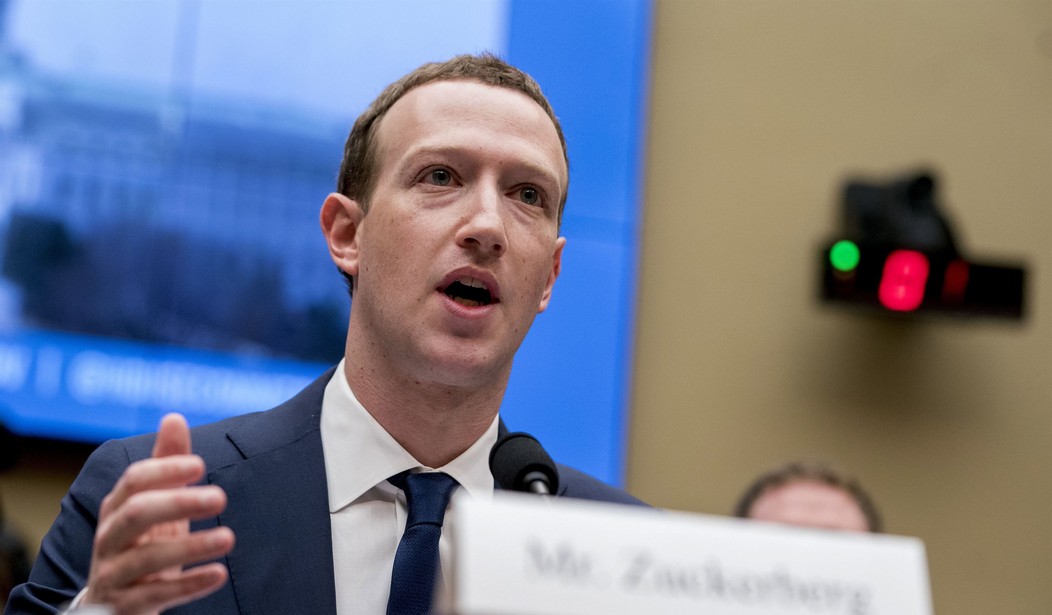Since the federal government under Joe Biden’s leadership is obviously never going to do anything about social media platforms censoring primarily conservative opinions and banning users, Texas took matters into its own hands. They passed a law banning such practices and allowing for lawsuits against the platforms that continue to do it. That law was immediately challenged in court by Big Tech, but they ran into some additional bad news this week. The Fifth Circuit Court of Appeals ruled on the case yesterday and sided with Texas, declaring that there is no constitutional protection for censorship and censorship does not qualify as free speech. (That’s what the plaintiffs amazingly tried to claim.) This may wind up in front of the Supreme Court, but until then, the law is expected to go into effect after the appeals court transmits written instructions to the lower court that initially ruled on the case as to how they need to proceed. Chalk this one up as a win for Greg Abbott, at least for now. (Politico)
A Texas law that bans social media companies from censoring users’ viewpoints is constitutionally allowed, the 5th Circuit Court of Appeals ruled on Friday, in a blow to Facebook, Twitter and Google.
The ruling is a win for Texas Gov. Greg Abbott and Texas Attorney General Ken Paxton in their efforts to combat what they call censorship of conservative viewpoints by social media companies.
Despite the ruling, the Texas law does not immediately take effect; it will do so once the appeals court issues written instructions to the district court that had decided the case.
The law in question has already been in front of the Supreme Court once, but not to determine the merits or constitutionality of the rule. They were asked to put a hold on the implementation of the law as part of an emergency appeal by Facebook, Twitter and Google so they could have more time to prepare.
This ruling puts the 5th Circuit in direct conflict with the 11th Circuit, which ruled earlier this year that a similar law in Florida was unconstitutional. That sort of contradiction in rulings is typically how a case winds up being accepted at the Supreme Court. The plaintiffs will need to be able to convince the conservative-leaning Supremes that preventing people from speaking in the digital public square is actually a form of “free speech.” Good luck with that.
If you click through and read the Politico article, you’ll note how they consistently put the word censorship in scare quotes. In more normal times they would be raising a valid point because it has generally been held that only the government can technically engage in censorship and deprive people of their First Amendment rights. What private companies do on their own platforms and what content appears there is largely their own business, provided it doesn’t break other existing laws.
But that argument is growing increasingly hard to make in this case. The courts have already begun recognizing that these social media platforms truly are the “public square” of the 21st century and partisan control of what speech is allowable there is far too much power to hand to one board of directors. Also, the Big Tech companies are increasingly acting more like utilities than traditional private corporations.
The final factor is the recently revealed news that the FBI has been contacting Facebook and Twitter directly, flagging posts and tweets that they claim are “disinformation” so the companies can silence those users on their behalf. That is essentially government censorship by proxy. Let’s hope that the Supreme Court sees it that way as well if the case reaches them any time soon.








Join the conversation as a VIP Member